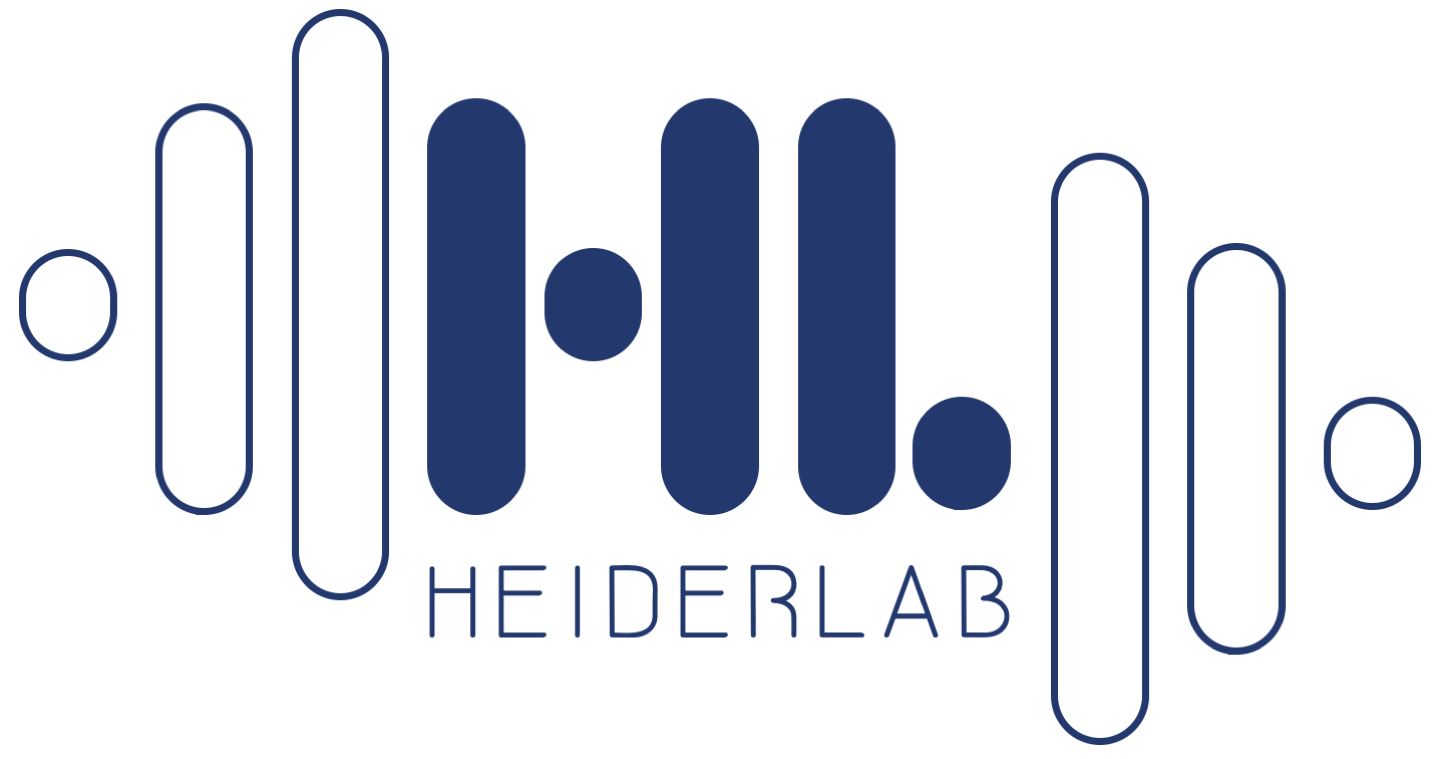New publication!
Our new article has been accepted in BMC Bioinformatics:
Sperlea T, Füser S, Boenigk J, Heider D: SEDE-GPS: socio-economic data enrichment based on GPS information. BMC Bioinformatics 2018, 19(Suppl 15):440. (Link)
Abstract
Background
Microbes are essentail components of all ecosystems because they drive many biochemical processes and act as primary producers. In freshwater ecosystems, the biodiversity in and the composition of microbial communities can be used as indicators for environmental quality. Recently, some environmental features have been identified that influence microbial ecosystems. However, the impact of human action on lake microbiomes is not well understood. This is, in part, due to the fact that environmental data is, albeit theoretically accessible, not easily available.
Results
In this work, we present SEDE-GPS, a tool that gathers data that are relevant to the environment of an user-provided GPS coordinate. To this end, it accesses a list of public and corporate databases and aggregates the information in a single file, which can be used for further analysis. To showcase the use of SEDE-GPS, we enriched a lake microbial ecology sequencing dataset with around 18,000 socio-economic, climate, and geographic features. The sources of SEDE-GPS are public databases such as Eurostat, the Climate Data Center, and OpenStreetMap, as well as corporate sources such as Twitter. Using machine learning and feature selection methods, we were able to identify features in the data provided by SEDE-GPS that can be used to predict lake microbiome alpha diversity.
Conclusion
The results presented in this study show that SEDE-GPS is a handy and easy-to-use tool for comprehensive data enrichment for studies of ecology and other processes that are affected by environmental features. Furthermore, we present lists of environmental, socio-economic, and climate features that are predictive for microbial biodiversity in lake ecosystems. These lists indicate that human action has a major impact on lake microbiomes. SEDE-GPS and its source code is available for download at http://SEDE-GPS.heiderlab.de

